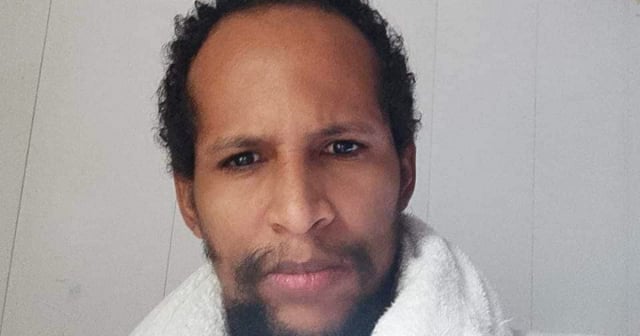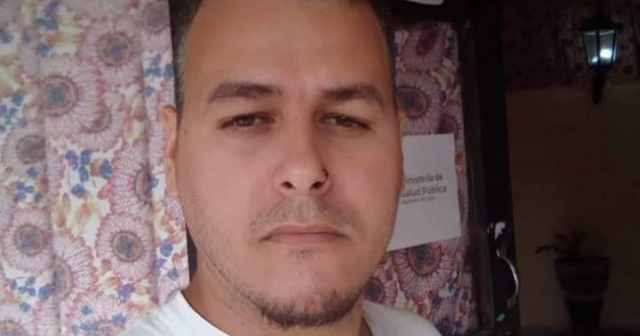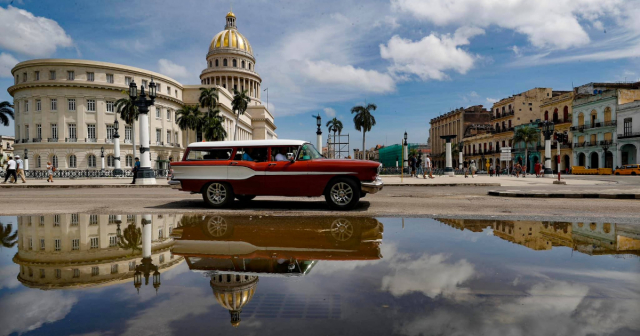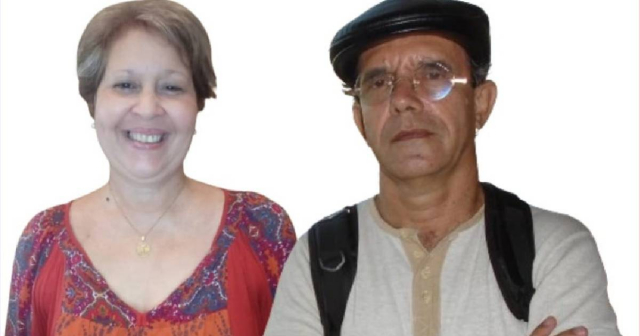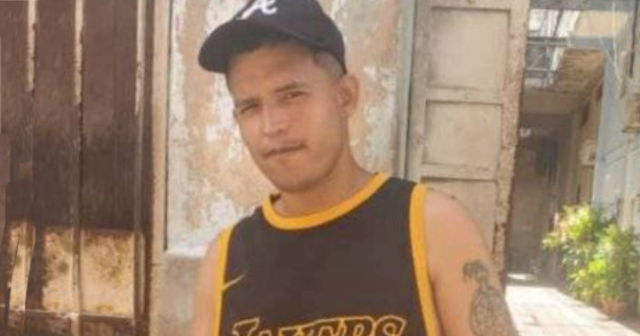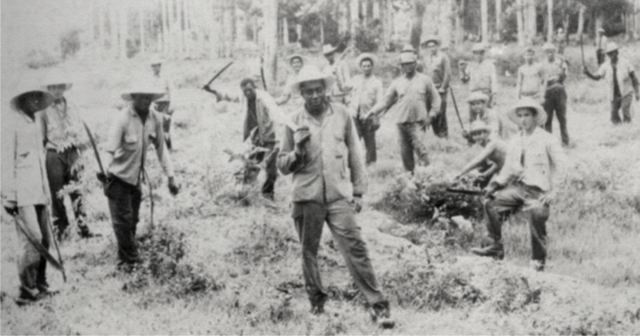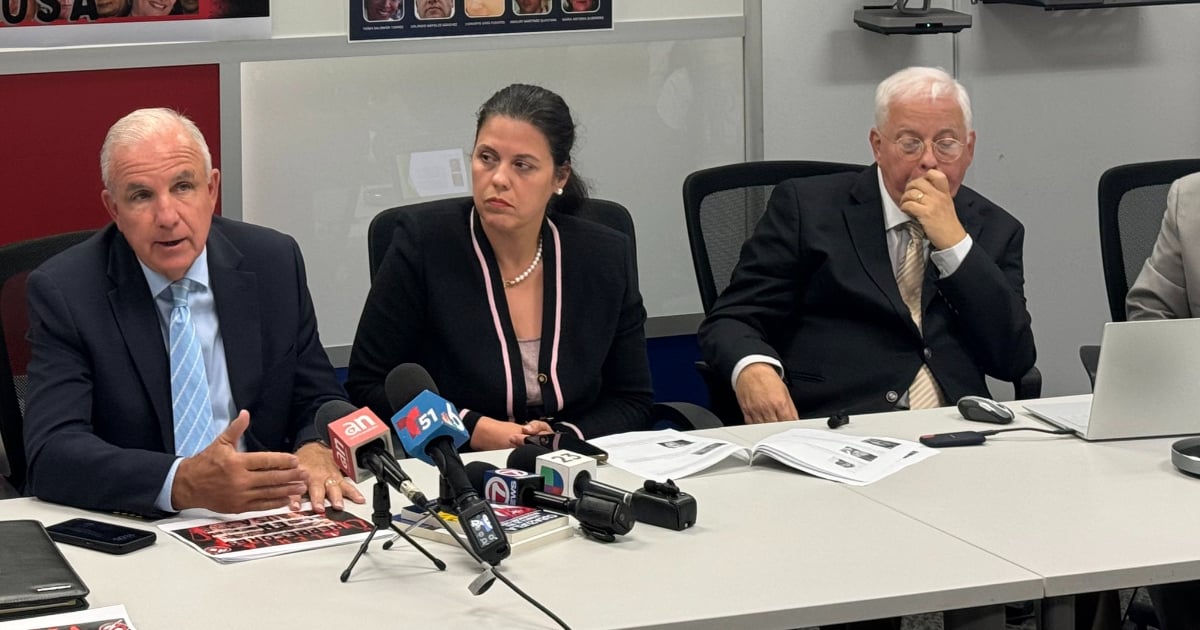
Cuban-American congressman Carlos Giménez pledged to identify and return to Cuba the repressors of the Castro regime who have arrived in recent times and are living in the United States.
"If you are a Castro regime oppressor living in the United States, we will identify you and you will be returned to Cuba for committing immigration fraud. It is UNACCEPTABLE that the Biden-Harris Administration accommodates regime agents who murder our people," the Republican declared in a tweet.
Giménez participated this Tuesday in the press conference held in Miami by the Foundation for Human Rights in Cuba (FHRC), where the presence of at least 117 alleged repressors of the Cuban regime who have emigrated to the United States in recent years was denounced.
Based on its research, the FHRC asserts that many of the repressors of the Cuban regime have arrived and have discreetly blended into American society, highlighting the urgent need to address this problem.
Rolando Cartaya, a former Cuban political prisoner and director of the Cuban Repressors program at the FHRC, explained to Telemundo 51 that his team has collected detailed information about these individuals thanks to reports from victims who have identified their alleged repressors.
"If people want to take this to court, they can write a sworn statement before a notary, send it to us, and we will forward it to the FBI and DHS," Cartaya said, who highlighted that in several cases official investigations have been conducted on the reported individuals.
Since February 2023, the FHRC has revealed the identities of 20 repressors residing in the United States, but the number has significantly increased, reaching 117 people to date.
The FHRC report reveals that the majority of the verified cases correspond to individuals who left Cuba in recent years, either by crossing borders or through regular channels.
In statements to the aforementioned media, Cuban lawyer Santiago Alpízar, who collaborates with the organization Cuba Demanda in these investigations, pointed out that "the U.S. Government has all the resources. What is lacking here is the administrative or political will to enforce the law."
In response to these complaints, Cuban-American congressman Carlos Giménez promised to deliver the list of individuals identified by the FHRC to the responsible agencies.
Additionally, Giménez will seek for the Secretary of the Department of Homeland Security, Alejandro Mayorkas, to testify before a congressional committee to explain how these individuals were able to enter the United States, denouncing a possible "massive fraud."
The topic has gained relevance on social media and alternative media, where there are many reports from Cubans claiming to know repressors who have emigrated to the United States. One of the most recent and controversial cases is that of former communist leader Manuel Menéndez Castellanos, who arrived in Miami via air, allegedly after a family reunification process.
The case of Melody González Pedraza, a former Cuban judge and former member of the Communist Party of Cuba (PCC), also generated controversy. Despite arriving in the United States under the humanitarian parole program, her entry was denied due to her membership in the PCC, which led her to apply for political asylum.
Other former officials of the Cuban regime, such as Rosabel Roca Sampedro, who called for prison sentences for the 11J protesters, and Arelys Casañola Quintana, former president of the Municipal Assembly of the People's Power in the Isle of Youth, have also tried to establish themselves in the U.S., generating debate about the arrival of regime repressors from Cuba to the northern country.
The situation raises questions about the effectiveness of immigration controls and the political will to prevent individuals linked to human rights violations in Cuba from settling in the United States.
In mid-May, the Biden administration announced significant changes to its political asylum policy that could affect the repressors of authoritarian regimes in countries such as Cuba, Venezuela, and Nicaragua.
According to experts consulted by Martí Noticias, these new measures will restrict entry to the U.S. for individuals with criminal records or who have participated in repressive activities.
What do you think?
COMMENTFiled under:

